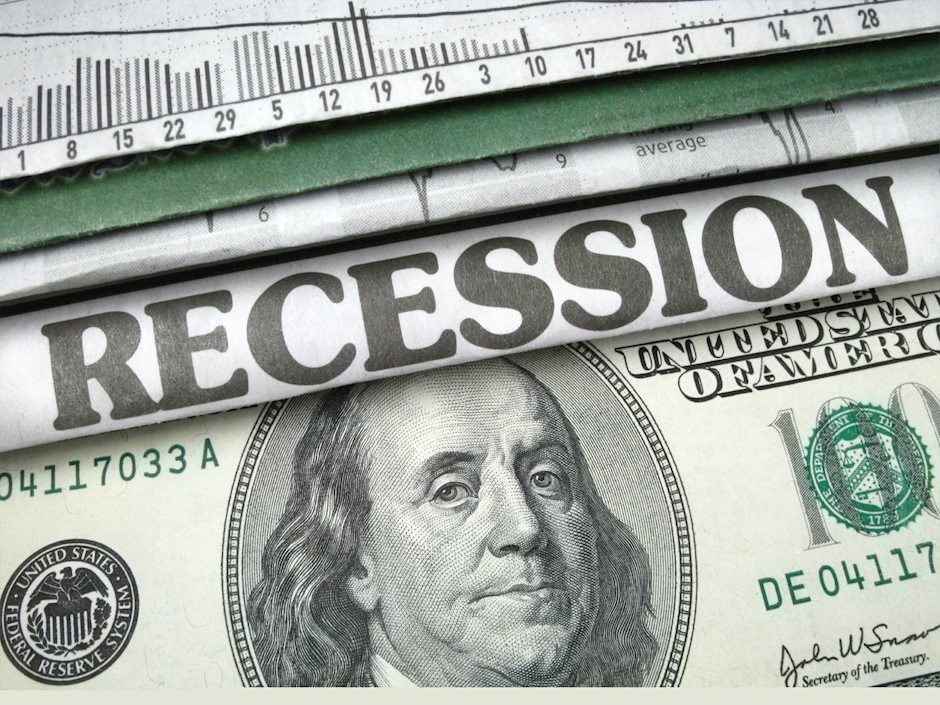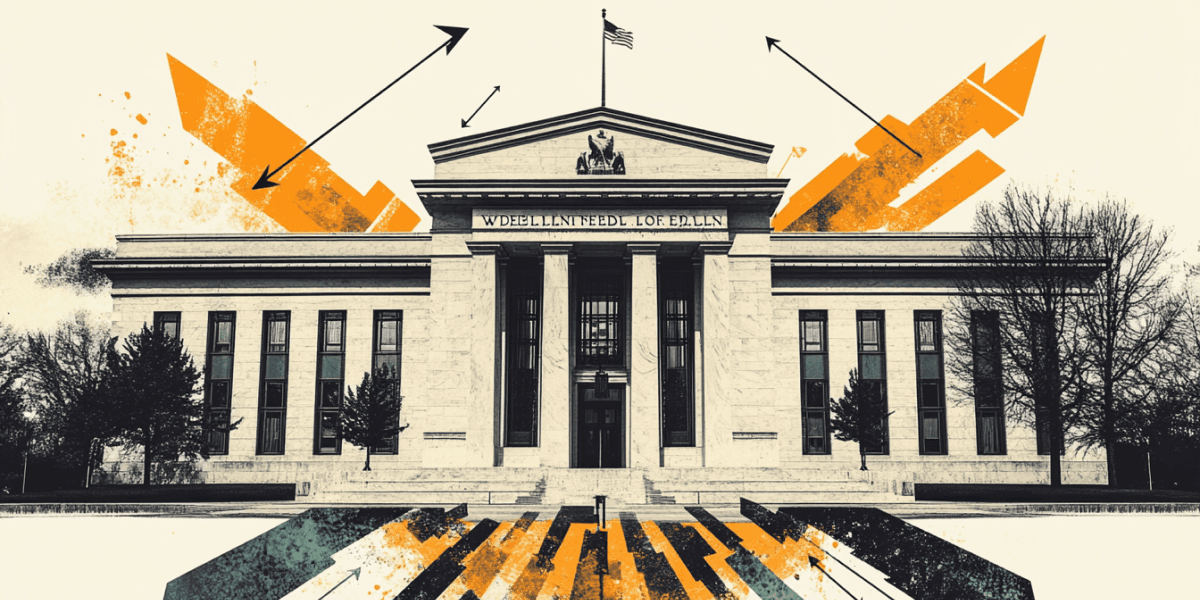Another recession signal: Credit card spending is slowing significantly

America runs on debt.
And American consumers may be getting close to their credit card limits, yet another signal the U.S. economy could be teetering on the brink of a recession. (If it's not there already.)
According to the latest data released by the Federal Reserve, revolving credit cratered in June for the second time in the last three months. Meanwhile, non-revolving credit continued to grow at a tepid rate, a trend we've seen for well over a year.
Overall, the growth of consumer debt slowed considerably. Consumer credit grew by a modest $8.9 billion, a 2.1 percent increase. Americans now owe $5.08 trillion in consumer debt.
The Federal Reserve consumer debt figures include credit card debt, student loans, and auto loans, but do not factor in mortgage debt. When you include mortgages, U.S. households are buried under a record level of debt. As of the end of the second quarter, total household debt stood at $17.8 trillion.
Pundits and politicians talked up the "robust economy" and the "resilient" American consumer for months, but this economic growth was courtesy of Visa and Mastercard. It wasn't exactly a sustainable economic trajectory, and things may be starting to unwind. A bad jobs report sent markets into a tailspin as investors started to come to grips with the fact the soft landing could turn into a crash landing.
The high levels of consumer debt coupled with a slowdown in borrowing is yet another bad sign. It looks like the American consumer might have maxed out the credit card, or they're at least feeling the strain of sky-high interest rates.
Revolving debt - primarily made up of credit card balances - contracted in June, falling by -1.5 percent. That means people not only kept their credit cards in their wallets, some even paid down balances.
Credit card borrowing also contracted in April. It rebounded in May, but with another contraction in June, we could be seeing the beginning of a trend.
Interestingly, consumers are increasingly tapping into their home equity despite high mortgage rates. They are likely using the money to pay off even higher interest rate credit cards.
But even with credit card use tanking, American consumers are still buried under $1.34 trillion in revolving debt.
The double whammy of rising debt and interest rates exacerbates the debt problem. Average credit card interest rates eclipsed the previous record high of 17.87 percent over a year ago. The average annual percentage rate (APR) currently stands at 20.73 percent, with some companies charging rates as high as 28 percent.
Americans are starting to struggle to pay those big balances. Roughly 9.1 percent of credit card balances have transitioned into delinquency in the last year and the pace is increasing.
The growth in non-revolving debt also reveals problems in America's borrow-and-spend paradise.
Non-revolving debt, primarily reflecting outstanding auto loans, student loans, and loans for other big-ticket durable goods, increased by 3.4 percent to $3.72 trillion. This continues a trend of sagging spending on big-ticket items that we've seen in recent months. Before the pandemic, revolving credit growth averaged 5 percent.
Joe Biden, Jerome Powell, and the talking heads on Fox Business talk about a "resilient economy" and a "soft landing" until they're blue in the face, but Americans have been borrowing to buy it. They may have reached their limit and that's bad news for an economy that lives on debt.
To receive free commentary and analysis on the gold and silver markets, click here to be added to the Money Metals news service.
Author

Mike Maharrey
Money Metals Exchange
Mike Maharrey is a journalist and market analyst for MoneyMetals.com with over a decade of experience in precious metals. He holds a BS in accounting from the University of Kentucky and a BA in journalism from the University of South Florida.
















